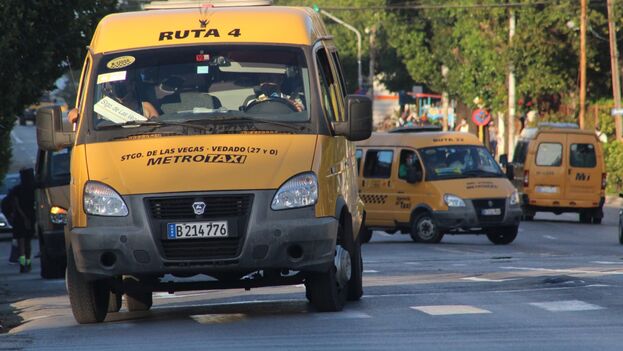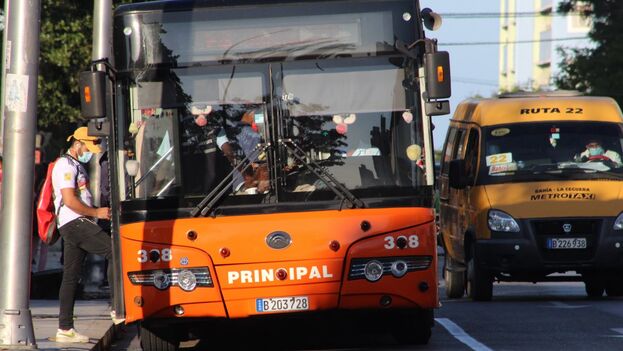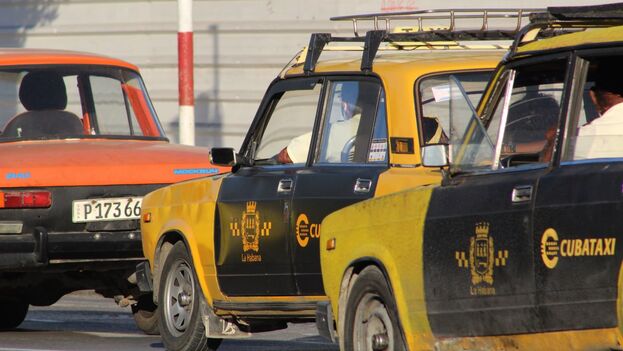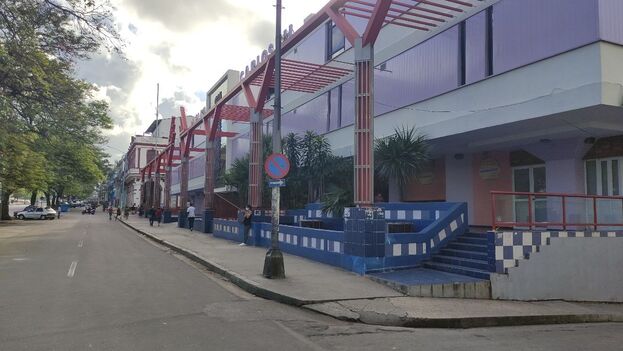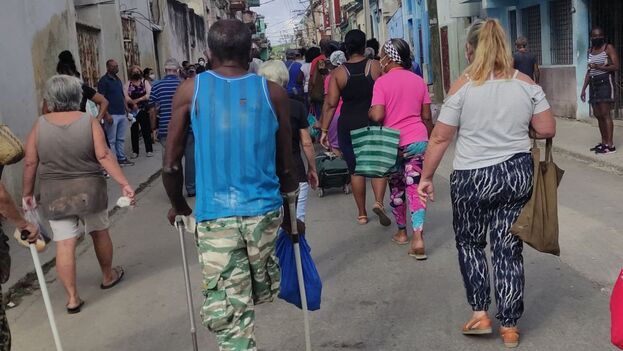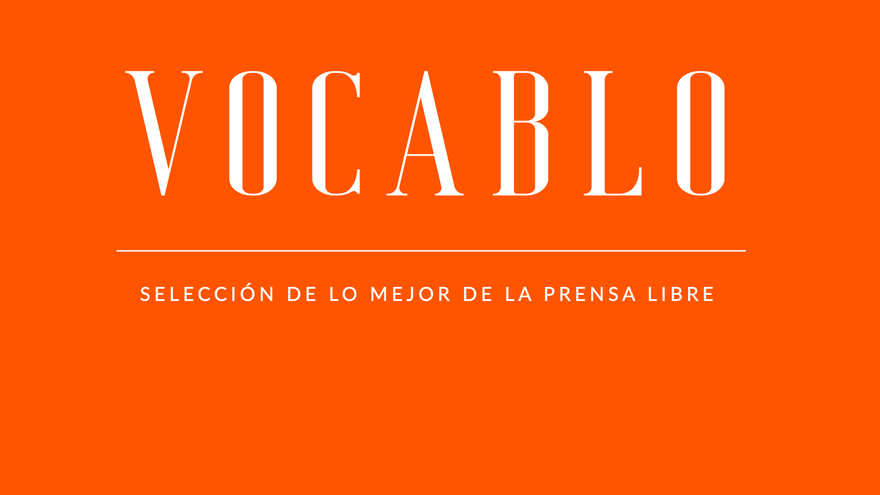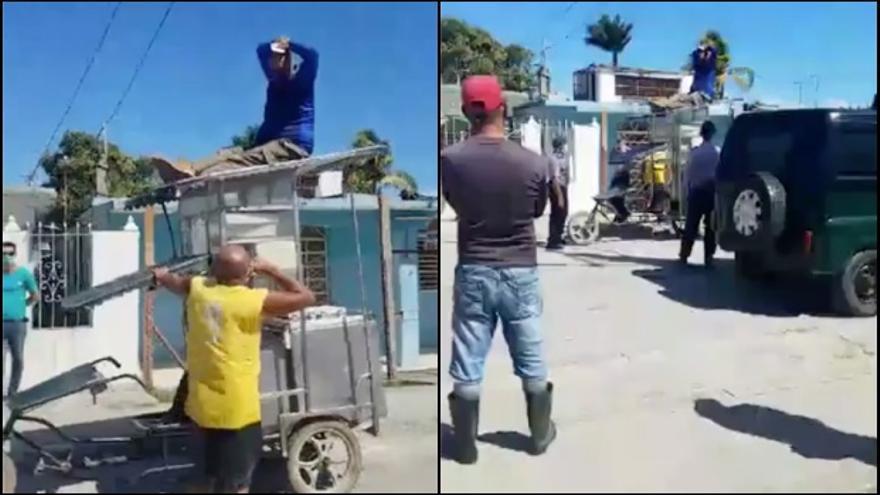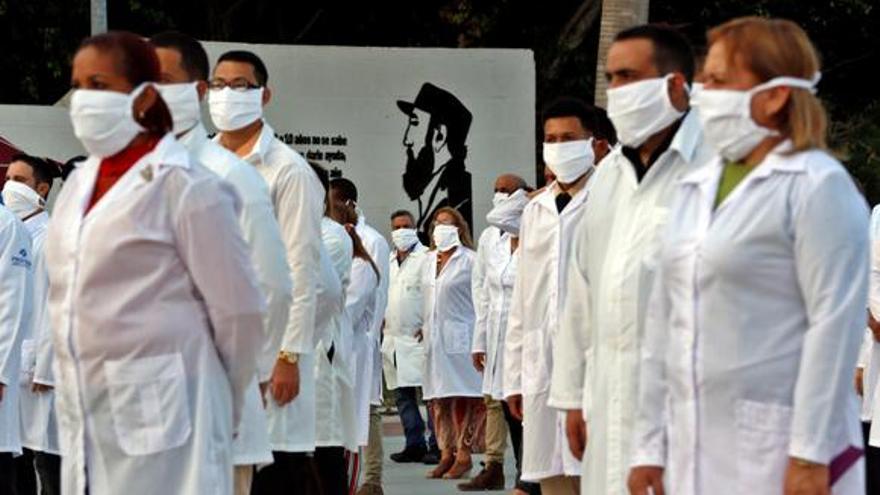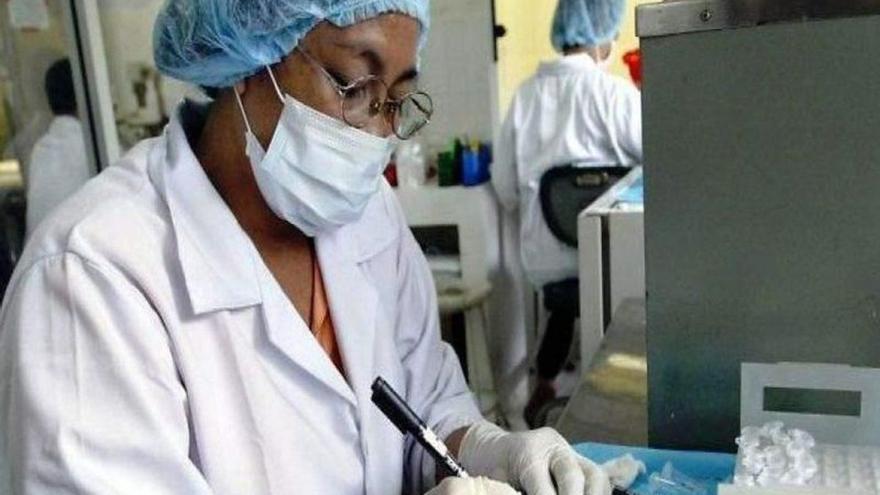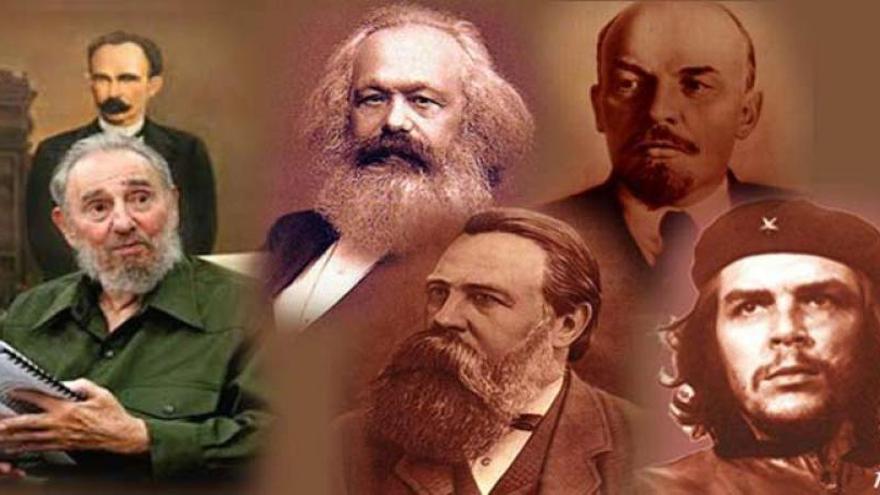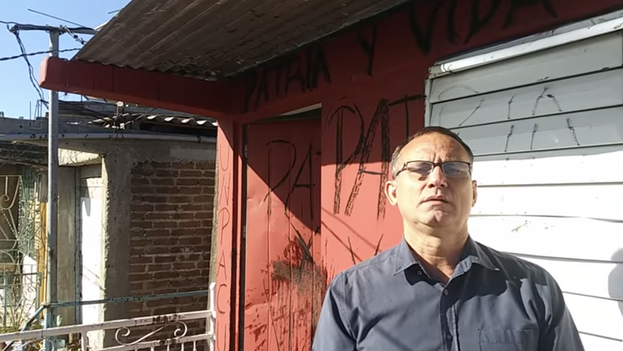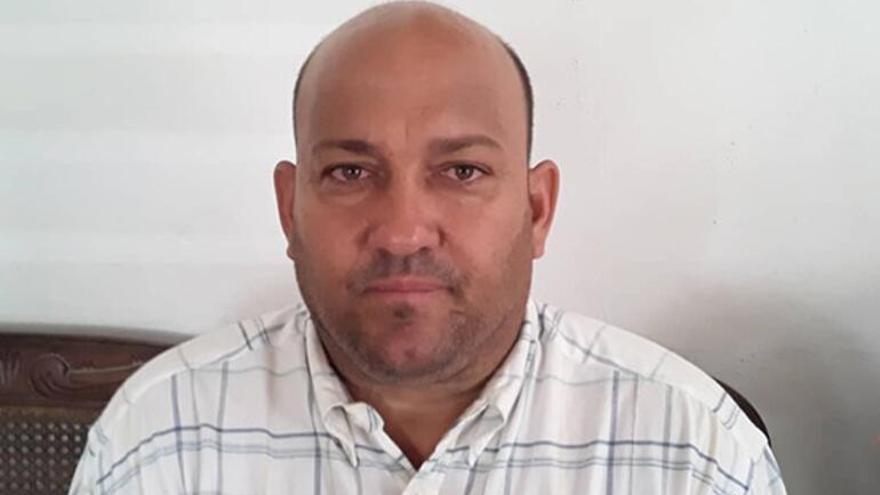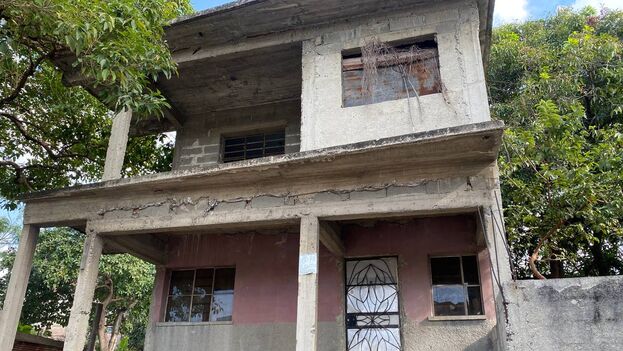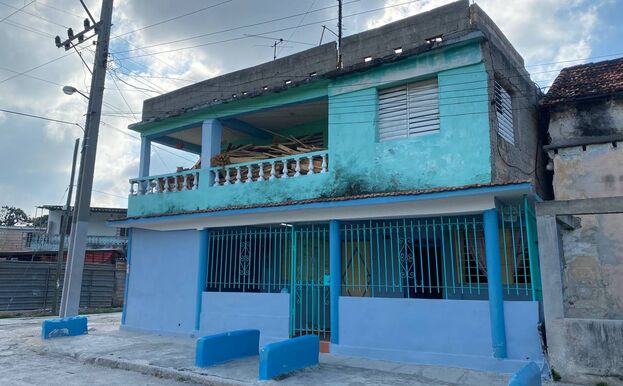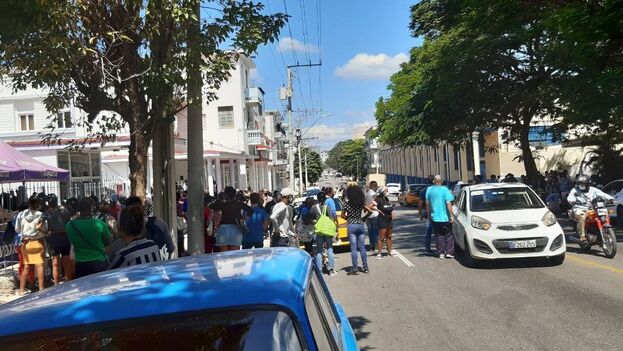
![]() 14ymedio, Juan Diego Rodríguez, Havana, 5 March 2021 — Lines are no longer news in Cuba until they are. This Friday, a man who was waiting in a long line outside a store on Ayestarán Street, in Havana, was run over by a state vehicle. Anxiety to purchase some product in the Trimagen Complex had caused the crowd to overflow from the sidewalk around the door of the store.
14ymedio, Juan Diego Rodríguez, Havana, 5 March 2021 — Lines are no longer news in Cuba until they are. This Friday, a man who was waiting in a long line outside a store on Ayestarán Street, in Havana, was run over by a state vehicle. Anxiety to purchase some product in the Trimagen Complex had caused the crowd to overflow from the sidewalk around the door of the store.
The individual, in his 40s, was hit by a car with official registration and belonging to the National Archives of the Republic that was traveling in the direction of Avenida 20 de Mayo. By the time the vehicle passed the Trimagen store, a crowd of people filled the entire sidewalk and part of the street.
The shopping center, located in the municipality of El Cerro and managed by the military, opens early with hundreds of customers outside anxious to buy food. This Friday, the only things for sale were aerated soda, mayonnaise and yogurt, but the line stretched for almost two blocks. continue reading
“One minute we were all focused on the line, making sure that no one got in front of us, and a minute later it was all shouting,” a witness to the event tells 14ymedio. “The wounded man was taken to the hospital in a taxi that was behind the car that hit him and the police patrol took a long time to arrive,” he adds.
The National Archives vehicle was parked at the scene of the accident, which further complicated the organization of the queue, which was quite chaotic from the beginning. Despite the fact that only residents of the municipality can buy in these stores, due to the mobility restrictions imposed after the rebound in Covid-19 cases, the influx of customers is constant.
“Around here there are several areas that were in quarantine for more than a week and when the tapes were removed, people went out like crazy to buy anything,” says a resident. “There were many days of confinement and you have to take whatever you find.”
Others blame resellers for the crowds that are created every morning in front of the Trimagen Complex. “This place is full of coleros [people who others pay to stand in line for them] and people who come to buy as a business. They buy a bottle of a liter and a half of soda here and then sell it at three or four times its value in other neighborhoods. That is why this line is chaos,” comments another customer.
“That poor man, he went to the hospital today probably with a broken rib or clavicle and left without the product for which he had waited many hours. A real tragedy,” says a person who started the line at seven o’clock in the morning, and after noon he still had not managed to buy anything.
According to official data, in Cuba there is an accident on the public right-of-way every 55 minutes, one person dies every 15 hours and there is someone injured every 75 minutes. The accidents involving vehicles in poor condition, precariously patched together, in use as public transport are numerous and many times end with multiple deaths in a single accident.
____________
COLLABORATE WITH OUR WORK: The 14ymedio team is committed to practicing serious journalism that reflects Cuba’s reality in all its depth. Thank you for joining us on this long journey. We invite you to continue supporting us by becoming a member of 14ymedio now. Together we can continue transforming journalism in Cuba.

